In 2019, EUA, eucen and ESU published a report on the INVITED project, which examined how 159 European universities engage with and promote diversity, equity and inclusion. The report concluded that training is necessary for both academic and non-academic staff in HEIs to increase awareness of and present practical tools and approaches for dealing with diversity.
The InclusiveHE project, which is funded by the Erasmus+ programme, aims to address this need by raising awareness of inclusive policies and providing specific guidelines for developing inclusive practices in HE.
Inclusion refers to measures that HEIs implement to provide real learning opportunities for groups who have traditionally been excluded
Inclusion refers to measures that HEIs implement to provide real learning opportunities for groups who have traditionally been excluded, including students and staff with diverse ethnic, cultural and migratory backgrounds, disabilities and different gender identities and/or sexual orientations. The project consortium consists of three universities, two NGOs and one SME from 5 different countries. This facilitates the involvement of different learning and economic cultures in the project and increases the applicability of the project results across Europe.
The first output of InclusiveHE will be a practical and innovative toolkit for administrators and policymakers at HEIs to support them in developing and monitoring inclusive policies and practices. The toolkit is being developed through various activities:
- A systematic literature review identified good inclusive policies and practices worldwide and derived 3 core dimensions of an inclusive HE framework: policies, practices, and accessibility. Policies can operate at a national, regional or university level while practices can relate to administration, curriculum, teaching and learning. Accessibility can address physical, digital, social and attitudinal barriers.
- A review of national policies and practices collected examples of existing inclusive policies and practices in HE on a European level as well as in the partner countries Cyprus, Finland, Latvia and Romania.
- All project partners conducted focus group interviews with key stakeholders, ranging from experts in inclusive education to policymakers and HE students.
- An online questionnaire targeted key stakeholders across Europe to identify further inclusive policies and practices.
The final toolkit will consist of a set of 6 tools in three different categories:
- Assessment and reflection tools
The checklist includes areas and standards for each of the core dimensions to guide HEIs in the analysis of their current inclusive profile.
The canvas serves as a visualisation tool to provide a holistic overview of the key aspects of an inclusive HEI and invites to reflect on the core dimensions.
- Strategic tools
The SWOT analysis template allows strategic planning and exploration of the HEIs’ internal and external environment regarding inclusion.
The strategy worksheet supports HEIs to develop their own plan for moving their inclusive policies and practices forward by defining strategic goals and initiatives.
- Tools for guidance, information and inspiration
The best practices framework presents the results of the literature review. Each core dimension includes several categories with indicators of best practices.
The database contains 47 examples of and information about inclusive policies and practices in HEIs in Europe.
InclusiveHE will also create a training course for academics and learning designers on designing inclusive education programs and develop an e-learning platform and a MOOC for HE staff on the application of inclusive practices in HE. To be informed about the latest project developments, visit the InclusiveHE website and subscribe to the newsletter.
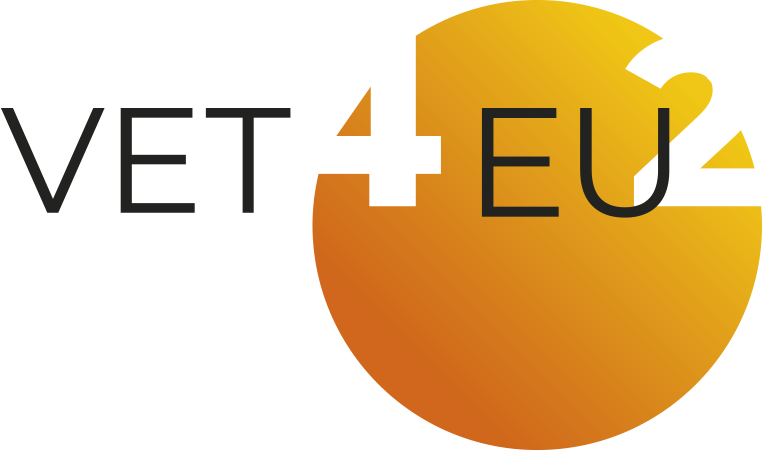
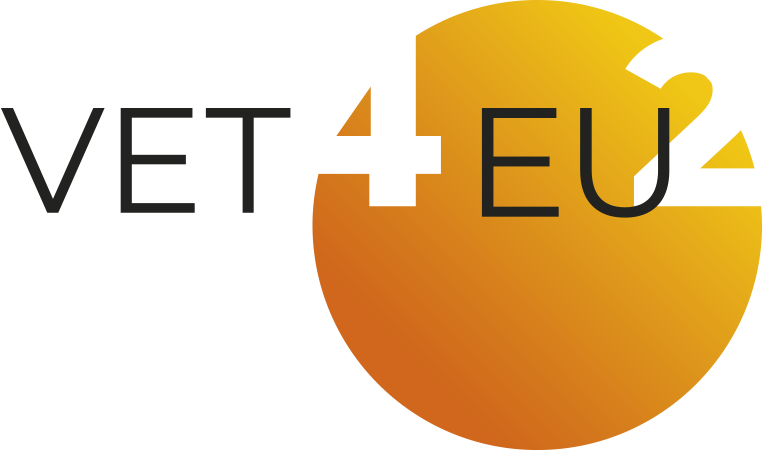

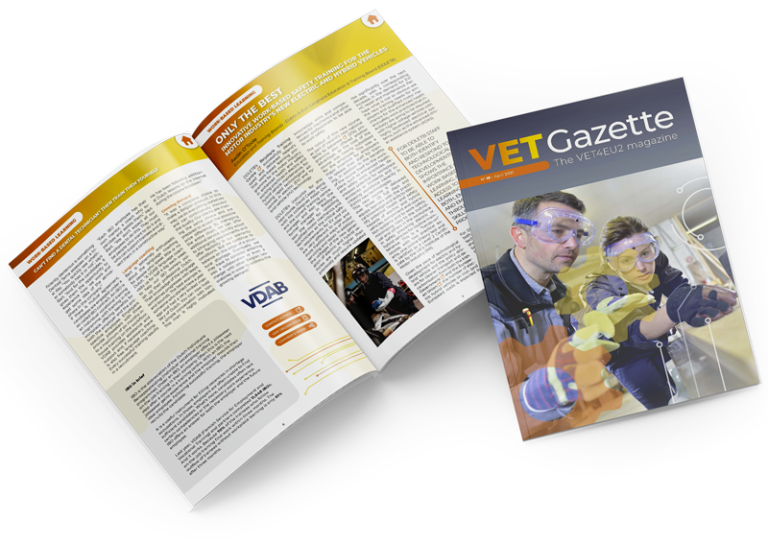
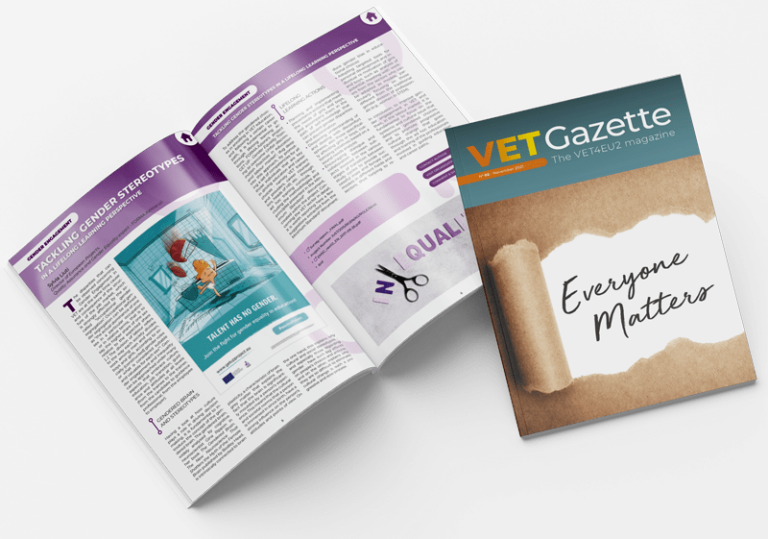
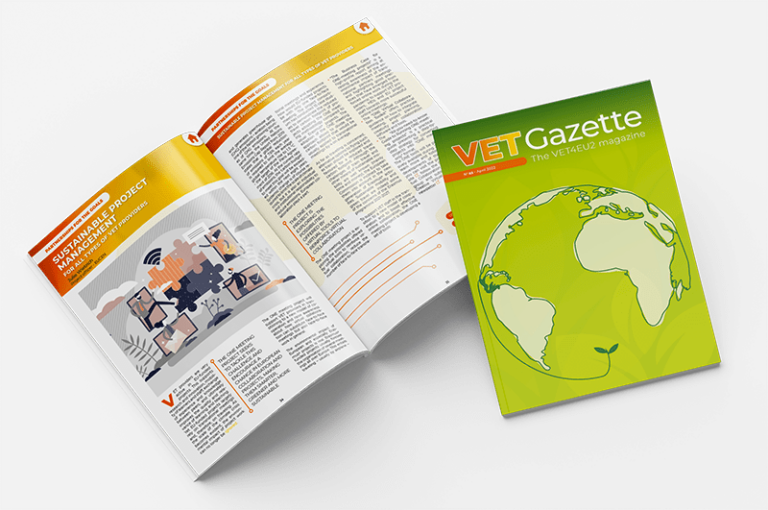
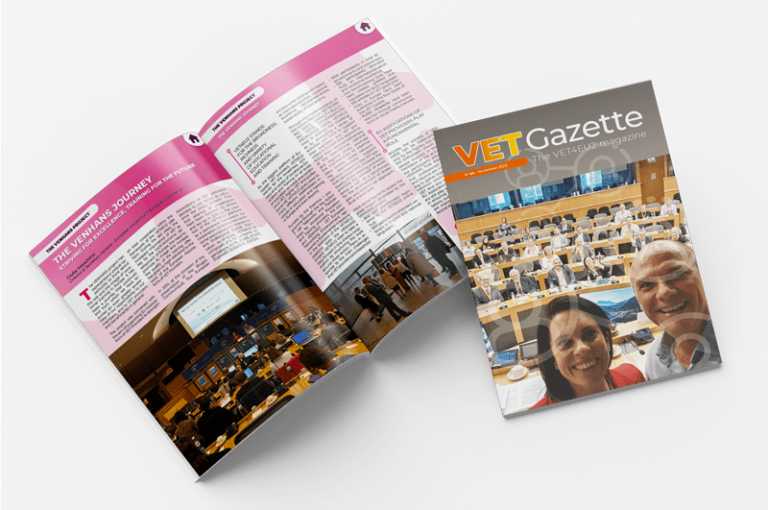

Responses
Note to the authors – UNEVOC has recently published an online database of toolkits designed for TVET providers. When your toolkit is ready, please consider submitting it to us to be included in the database. See: https://unevoc.unesco.org/home/Toolkits+for+TVET+providers